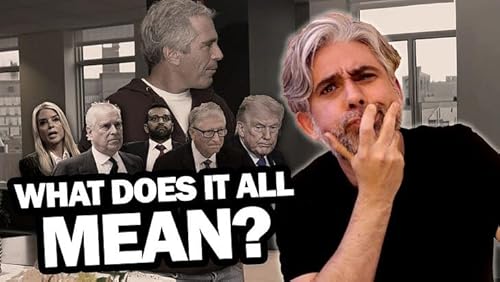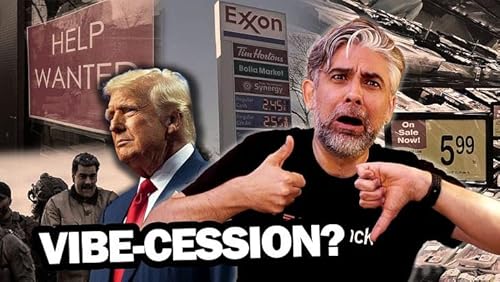We are officially in the phase of a campaign where decency gets tossed aside and the opposition research file is emptied directly into a 30-second spot.
One local ad targeting Cook County Commissioner Samantha Steele opens with footage from her DUI arrest and the now-infamous line, “I’m an elected official.” The ad’s structure is ruthlessly efficient. Lead with the footage. Transition from self-importance to alleged abuse of power. Tie it together with a tagline about rules not applying to her. On the nasty scale, it earns high marks. It is disciplined, rhythmic, and unforgiving.
Then there is the Texas Senate Republican primary, where the National Republican Senatorial Committee and Sen. John Cornyn are going directly at Attorney General Ken Paxton. Divorce. Allegations of infidelity. Wealth accumulation during scandal. Even insinuations about cultural issues designed to rile the base. It is the kind of ad that signals panic or confidence. Sometimes both.
Politics Politics Politics is a reader-supported publication. To receive new posts and support my work, consider becoming a free or paid subscriber.
Contrast that with Paxton’s softer spot featuring his daughter speaking about him as a grandfather. It is the standard counterpunch to a scandal narrative: humanize, slow down, soften the edges. When campaigns spend that kind of money on family-centered messaging, it usually means they are trying to cover something sharp underneath.
The larger point is simple. As we approach primary day, the gloves are off.
Tariffs, Courts, and the $133 Billion Question
Beyond campaign warfare, the Trump administration is wrestling with the fallout from the Supreme Court striking down its sweeping tariff regime. Roughly $133 billion in collected duties now sit in limbo.
Officials are reportedly exploring ways to discourage refund claims, stretch out litigation, or even reimpose tariffs under new legal authorities. Trade lawyers argue the government previously committed to repayment with interest and that courts will scrutinize any attempt to sidestep that obligation.
This is less about ideology and more about arithmetic. If companies want their money back, they are likely to get it. The administration may find voluntary compliance from firms seeking goodwill, but legally, the leverage is limited. This is the bargaining phase after a judicial loss.
The Epstein Depositions Begin
Hillary Clinton was deposed behind closed doors in Washington as part of the House Oversight Committee’s work on the Epstein files. She maintained that she had no knowledge of wrongdoing involving Jeffrey Epstein or Ghislaine Maxwell.
Democrats are pushing for a full, unedited transcript release to prevent selective leaks from shaping the narrative. Tensions flared when Rep. Lauren Boebert leaked an image of Clinton during the deposition, briefly halting proceedings.
Next comes Bill Clinton. For those with long political memories, that sense of history repeating itself is unavoidable. Whether anything explosive emerges remains to be seen, but the optics alone ensure sustained attention.
Transactional Politics in Real Time
Perhaps the most revealing political maneuver of the week came from New York Mayor Zohran Mamdani. In an unscheduled trip to Washington, he reportedly presented President Trump with specific names of detained individuals and requested their release. One Columbia-affiliated detainee was subsequently freed.
The broader lesson is something I have observed for years. With Trump, flattery and direct engagement can yield tangible results. Politics is transactional. If you give him a headline he likes or a symbolic win, you may get policy movement in return. Mamdani appears to understand that dynamic.
Chapters
00:00:00 - Intro
00:03:27 - Nasty Political Ads
00:10:52 - Interview with Kevin Ryan
00:51:33 - Update
00:51:47 - Tariffs
00:53:13 - Clintons
00:54:57 - Mamdani and Trump
00:59:13 - Interview with Kevin Ryan, con’t
01:38:33 - Wrap-up
This is a public episode. If you'd like to discuss this with other subscribers or get access to bonus episodes, visit www.politicspoliticspolitics.com/subscribe
 1 hr and 43 mins
1 hr and 43 mins Feb 23 202647 mins
Feb 23 202647 mins
 1 hr and 8 mins
1 hr and 8 mins 1 hr and 20 mins
1 hr and 20 mins Feb 10 20261 hr and 13 mins
Feb 10 20261 hr and 13 mins 1 hr and 9 mins
1 hr and 9 mins 1 hr and 24 mins
1 hr and 24 mins
